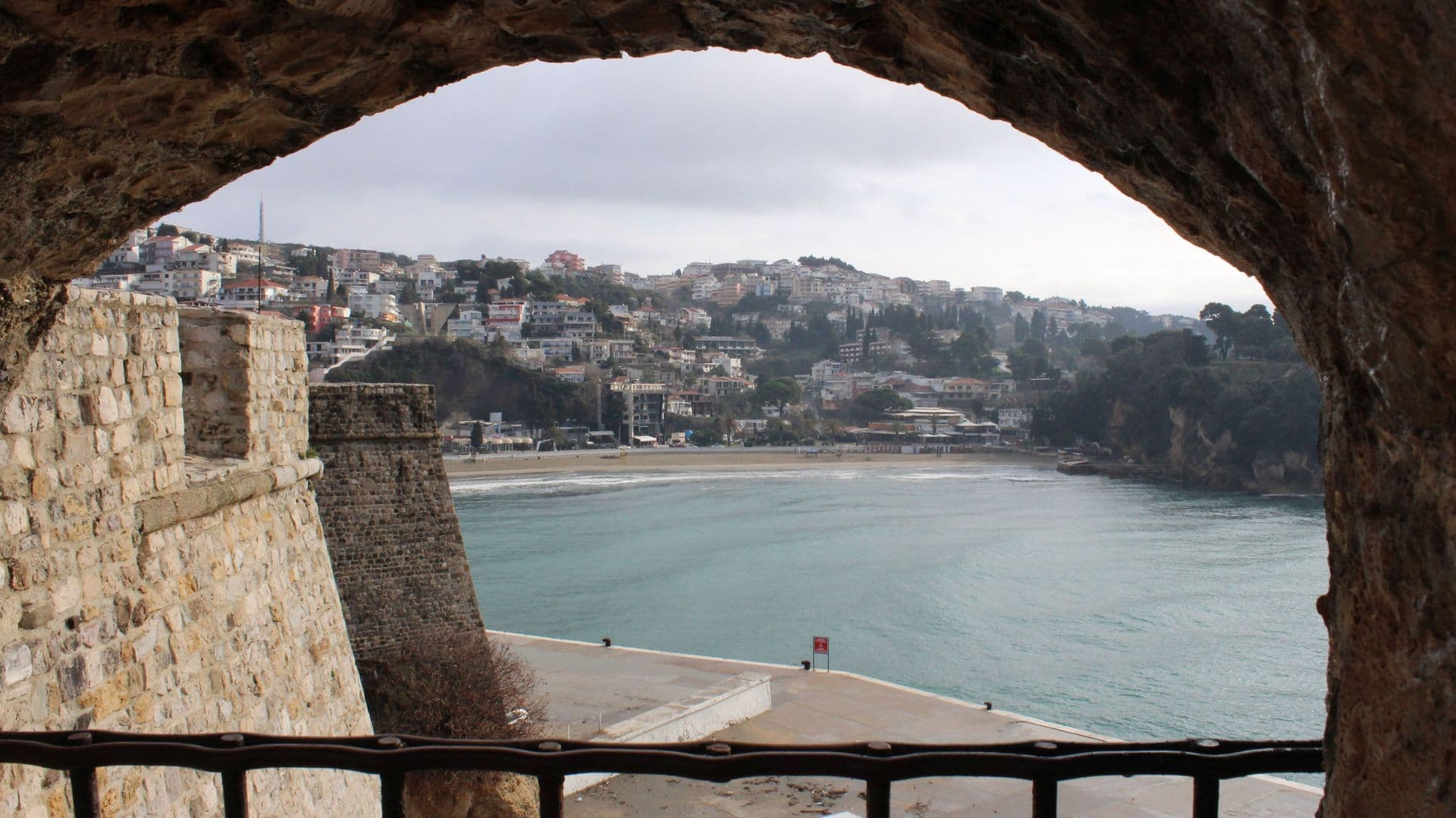Sports
Kosovo Citizens Invest Over €1 Billion in Ulcinj Real Estate

Citizens of Kosovo have made significant investments in real estate in Ulcinj, Montenegro, with purchases exceeding €1 billion. This surge in property acquisitions reflects a growing trend among Kosovars seeking holiday homes and investment opportunities along the Adriatic coast.
According to Škeljzen Rizaj, the Director of the Kosovo Tourism Centre, it is challenging to accurately measure the number of tourists from Kosovo visiting Montenegro during the summer season. Rizaj noted that official statistics might indicate fewer visitors compared to previous years, but the reality suggests otherwise. “The reality is completely different,” he stated in an interview with the media outlet “Vijesti.”
Challenges in Assessing Tourist Numbers
Rizaj explained that a large number of Kosovars have been acquiring apartments and other properties in Ulcinj. He emphasized that tourism organizations lack the technical capability to track these individuals, as many now reside in their own properties. Furthermore, he highlighted that numerous Kosovars spend their vacations with friends in Ulcinj, blurring the lines between tourists and residents.
He also pointed out the unique relationship between Kosovo and Montenegro, mentioning that many residents of Ulcinj have studied in Kosovo and maintain friendships there. As a result, these connections facilitate visits that do not require formal guest registration. Despite these personal ties, the tourism season has faced challenges, including political instability in the region and rising costs of living.
Rizaj expressed concerns about the impact of these factors on tourism. “The season started uncertainly due to rising prices and usual traffic congestion,” he remarked. He noted that uncertainty surrounding beach leases had confused tourists from Kosovo, who have historically favored Montenegro as a vacation destination.
Price Increases and Alternative Destinations
Many tourists from Kosovo have been taken aback by the sharp increase in service and accommodation prices, not only in Montenegro but also in neighboring countries like Albania and Croatia. Rizaj indicated that the recent liberalization of travel visas for Kosovars has opened up new vacation options, with many choosing to holiday in Greece, where prices are reportedly lower.
Data shows that within just six months, approximately two million Kosovars traveled to Greece for vacation, often expressing satisfaction with the more affordable offerings compared to southern Albania and Montenegro. Rizaj lamented the situation in Budva, a key tourist hub, where many accommodations remain underutilized despite significant investments. “If these capacities remain empty, the whole country will feel the repercussions,” he warned.
He noted that while Budva and Ulcinj saw the highest number of overnight stays this season, it was still not satisfactory. “Budva used to have 1,600 beds, while Ulcinj had 2,600. Now, only a hotel or two in Budva have that many beds,” he explained. This disparity raises concerns over the sustainability of tourism in the region.
The challenges faced by tourists include long wait times at border crossings, particularly at the Sukobin-Murićani border, where travelers often wait two to three hours. Rizaj emphasized that while this is cumbersome, the border police have performed admirably this season in managing traffic and ensuring safety.
Future Prospects for Tourism
Looking ahead, Rizaj stressed the importance of addressing these issues to improve the tourism experience. “We need to consider how to organize the next season effectively,” he suggested. He noted that the focus should be on avoiding uncertainties and creating a stable environment for tourists.
Concerns also persist regarding the ongoing political dynamics in Montenegro and their potential impact on tourism perceptions among Kosovars. Rizaj cited reports from certain political factions in Montenegro advocating for the withdrawal of Kosovo’s recognition, which could deter visitors. “If such a resolution were to pass, no one would come, and properties would be left vacant,” he warned.
Furthermore, Rizaj commented on the recent interest from investors, including Donald Trump’s son-in-law, who is reportedly looking at opportunities in the region. He indicated that such investments could benefit Montenegro, provided there is a transparent and legal framework in place.
In conclusion, the interplay of rising prices, traffic congestion, and political uncertainties poses challenges for the tourism sector in Montenegro. As the region prepares for future seasons, stakeholders must address these issues to attract visitors and sustain economic growth.
-

 Health3 months ago
Health3 months agoNeurologist Warns Excessive Use of Supplements Can Harm Brain
-

 Health3 months ago
Health3 months agoFiona Phillips’ Husband Shares Heartfelt Update on Her Alzheimer’s Journey
-

 Science1 month ago
Science1 month agoBrian Cox Addresses Claims of Alien Probe in 3I/ATLAS Discovery
-

 Science1 month ago
Science1 month agoNASA Investigates Unusual Comet 3I/ATLAS; New Findings Emerge
-

 Science4 weeks ago
Science4 weeks agoScientists Examine 3I/ATLAS: Alien Artifact or Cosmic Oddity?
-

 Entertainment4 months ago
Entertainment4 months agoKerry Katona Discusses Future Baby Plans and Brian McFadden’s Wedding
-

 Science4 weeks ago
Science4 weeks agoNASA Investigates Speedy Object 3I/ATLAS, Sparking Speculation
-

 Entertainment4 months ago
Entertainment4 months agoEmmerdale Faces Tension as Dylan and April’s Lives Hang in the Balance
-

 World3 months ago
World3 months agoCole Palmer’s Cryptic Message to Kobbie Mainoo Following Loan Talks
-

 Science4 weeks ago
Science4 weeks agoNASA Scientists Explore Origins of 3I/ATLAS, a Fast-Moving Visitor
-

 Entertainment4 months ago
Entertainment4 months agoLove Island Star Toni Laite’s Mother Expresses Disappointment Over Coupling Decision
-

 Entertainment3 months ago
Entertainment3 months agoMajor Cast Changes at Coronation Street: Exits and Returns in 2025









